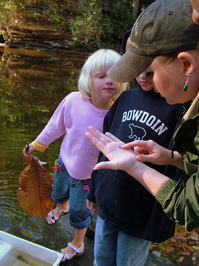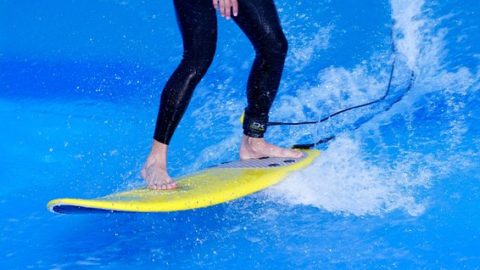 #Flexibility#Planning#Information-Processing#Problem-Solving
#Flexibility#Planning#Information-Processing#Problem-Solving
One summer, a graduate student from overseas came to work as an extern in my lab. She ran into housing problems of having to vacate University accommodation 5 days earlier than when she was booked to leave the country. I invited her to stay with me at my home. She is funny and warm. But never carried her plate from the dinning table to the kitchen sink. For that matter, she never lifted her finger once to help. I just could not understand why anyone would not think of basic manners. Is this executive function deficit? I certainly think it is manners, but manners are learnt through teaching via integrating higher cortical function. It is awareness of what your role is, attention to how you live your life and plan-fully execute your actions with a purpose. Professor Carbray, my partner at work named this problem as the “it” that her mother taught her and my mother taught me (sorry that I said just mother, but fathers teach too).
The point I want to make here is, we as a profession in Child Psychiatry, spend enormous resources in offering therapy and at times through computer based learning of this and that in improving parts of executive function. Sometimes there is no established forum to even teach. The simple learning in preparing children to systematically learn life skills of daily chores is where executive functional training truly begins. For example, take one simple task at a time, like bringing laundry to the washing machine each week, then progress to actually doing it themselves (like switching it on, adding the detergent), then sorting clothes and so on progressively; or emptying dishwasher, or any such task. It can start as early as you think your child can execute. There are so many steps to each chore of basic living skills. BREAK IT DOWN into small steps. This way, there is less resistance to co-operate. I do not do this as well myself, but peppering with non instructive conversations along the way will buffer the hierarchy and decrease resistance. Non-instructive conversations are an art that include topics that are (a) mundane like weather/current events, (b) fun like jokes/humorous stories or (c) of current relevance to them asking about something they are doing or learning. Comes with practice.
We talk a lot in our field about about the generalization from computer based learning to real life. No one ever really tested this generalization (I have my doubts if it does really generalize; It reminds me of the 10,000 hours of practice to be good at anything as quoted in Malcolm Gladwell’s book Outliers, or let us say at least incredibly high commitment to really alter brain wiring through computerized tasks and kids often refuse to co-operate). Why not begin in real life? It is that simple. For a start, almost demystifying what executive function actually is would help. Flexibility in agreeing to participate, planning to incorporate the task in daily life, processing information to integrate tasks and use niceties along the way like Please, Thank You and May I , and solving problems along the way of acting and communicating in executing the tasks IS what executive function also IS! Add a good old dose of nurture in mentoring as parent, yeah, as a coach. It all takes time, the real KEY here. Not hurrying and reflecting on at least having conversations about these things here and there (and not repeat too much!) will prepare our kids better, I think.
Buffer your day/s to leave plenty of time without over scheduling. Often parents underestimate how crowded their own schedule is, and this is what I am talking about, leave alone your child’s schedule. If you cater big and peaceful chunks of time, you ‘enjoy’ teaching your children the executive function. I often think self preservation for parents is easing your daily schedule than relying on the occasional trips for burn out (If you ask me, trips are awesome, but the quality of daily life trumps all trips).
See, this way, at least they would offer to help when they visit someone. They would certainly have a well developed character with integrated executive function. The “it.”















I get ‘It’. In addition to parents grooming kids on executive funtions, school where their most active part of the day is spent can play a major role. Reminds me of our school and how they used to ‘assign’ classroom cleaning activity once a week in rotation to a team of students. It was boring and resentful then but makes sense now.
Thanks. Exactly, often we ask teachers also to give leadership roles too to help assume responsibility and channel their energy orthogonal to being aimlessly hyper.